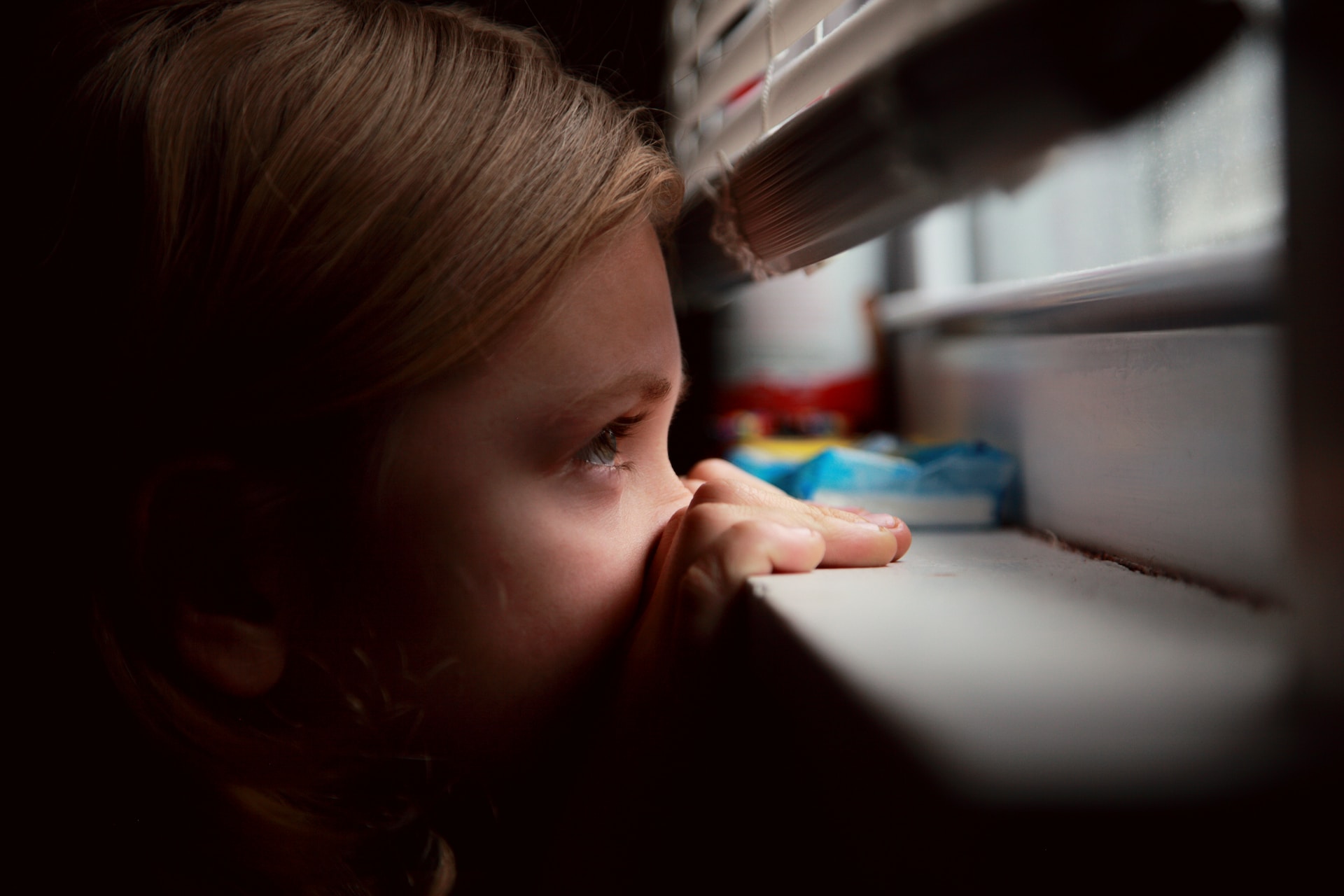Media release
From:
Associations of Childhood Housing Insecurity With Anxiety and Depression Symptoms During Childhood and Adulthood
About The Study: In this study, housing insecurity was associated with anxiety and depression during childhood and with depression during adulthood. Because housing insecurity is a modifiable, policy-relevant factor associated with psychopathology, these results suggest that social policies that support secure housing may be an important prevention strategy.
Expert Reaction
These comments have been collated by the Science Media Centre to provide a variety of expert perspectives on this issue. Feel free to use these quotes in your stories. Views expressed are the personal opinions of the experts named. They do not represent the views of the SMC or any other organisation unless specifically stated.
Associate Professor Polly Atatoa Carr, Te Ngira the Institute for Population Studies, University of Waikato, and Associate Professor Kate Prickett, Roy McKenzie Centre for the Study of Families and Children, Victoria University of Wellington, comment:
Growing Up in New Zealand has recently described the experience of frequent residential moves, housing quality, living in overcrowding and homelessness for approximately 5000 12 year old young people in Aotearoa.
As Associate Professor Polly Atatoa Carr from Te Ngira (Institute for Population Research at the University of Waikato) notes, this new research from the United States continues to demonstrate the importance of a stable and secure housing environment for children and young people. Growing Up in New Zealand found that nearly half of 12 year olds had moved home at least once since they were 8 years old, and one-fifth of moves were forced.
As discussed by Associate Professor Kate Prickett from the Roy McKenzie Centre for the Study of Families and Children (Victoria University of Wellington), this study from North Carolina examined how different types of housing quality and security matter more or less for young people’s anxiety and depressive symptoms. Frequent moves and whether families were forced to move, such as through eviction, had a greater impact on mental health than just measures of housing quality, such as warmth. Growing Up in New Zealand provides the opportunity to test whether these housing conditions have the same health and wellbeing impact for young people. Given the very high rates of residential mobility among families in Aotearoa, if the findings are similar in our context, then this is of concern.
In addition, significant ethnic inequities in the housing system for young people exist in Aotearoa. As found in Growing Up in New Zealand, rangatahi Māori and Pacific young people are more likely to experience poorer housing conditions, severe housing deprivation and more frequent and involuntary moves than European young people. As Dr Atatoa Carr describes, this means that the housing system is an important target to address inequities, including in mental health outcomes.



 New Zealand; International
New Zealand; International


